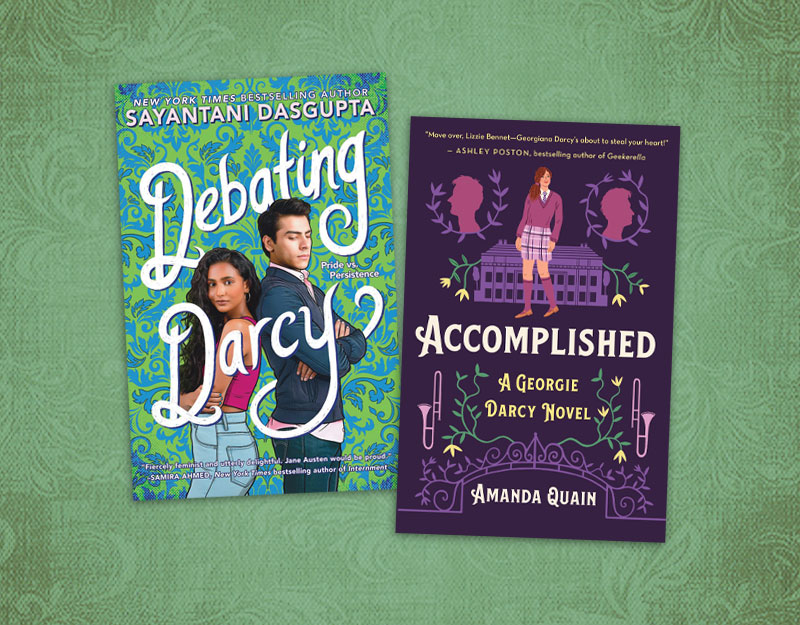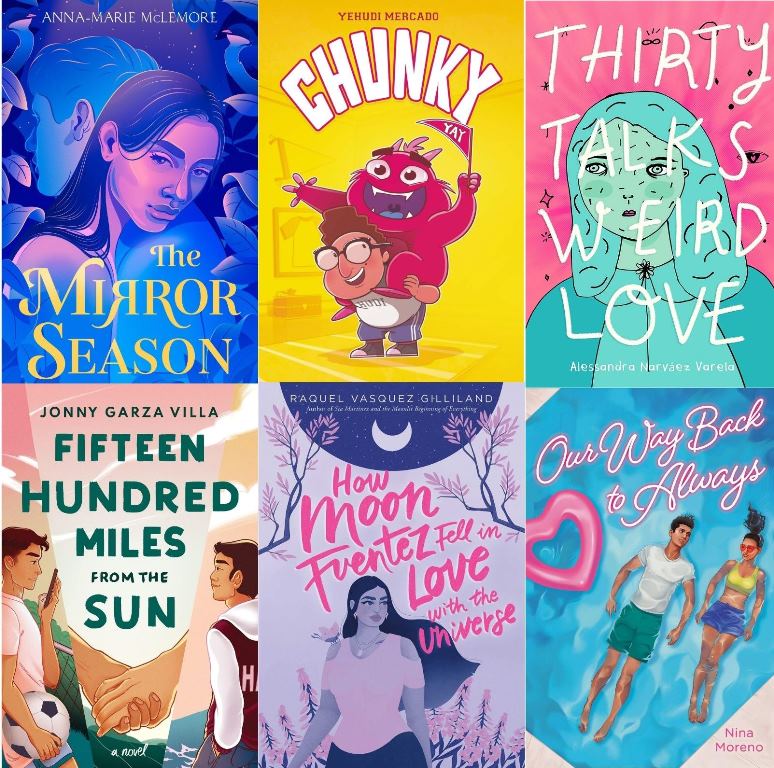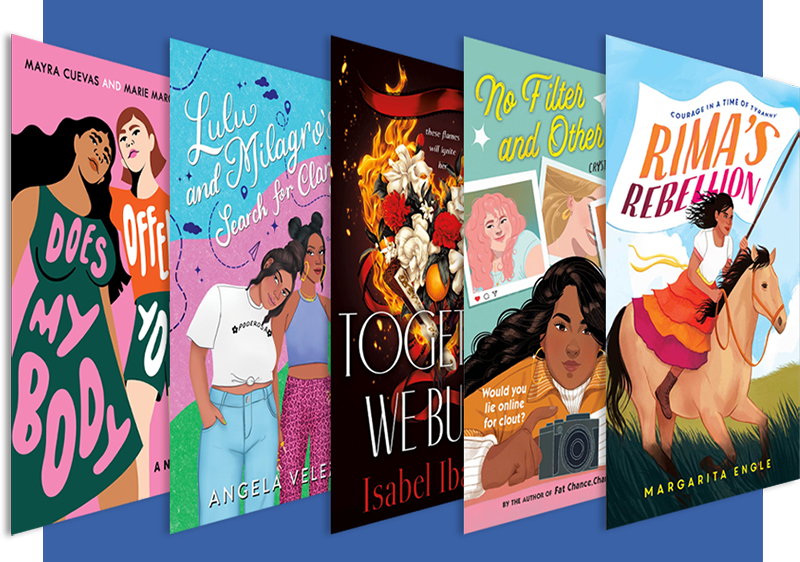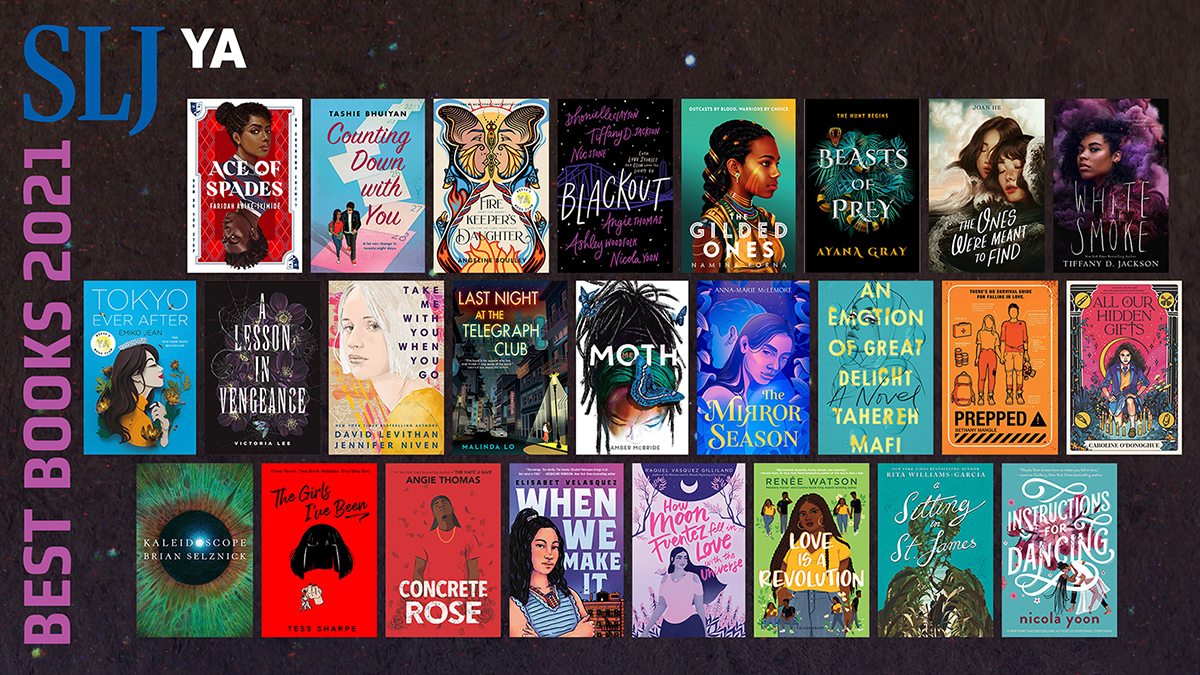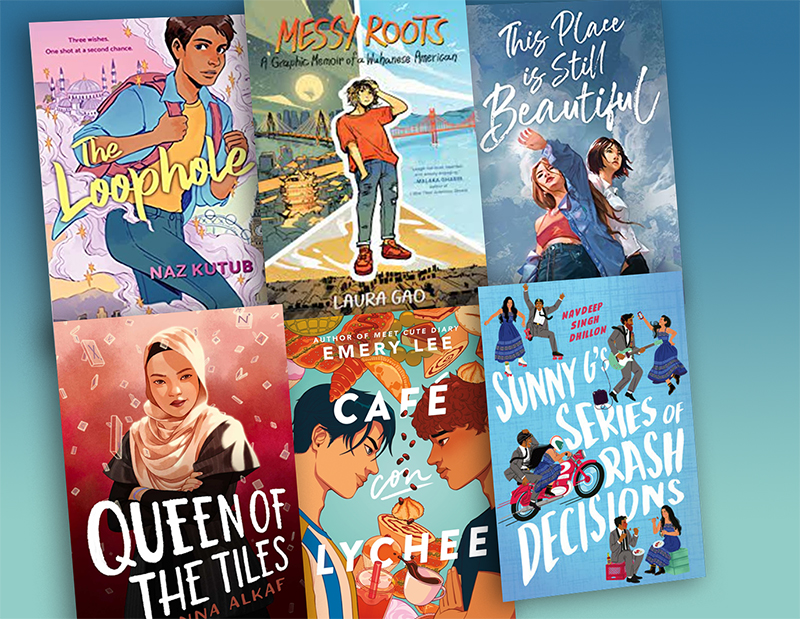When the censorship comes from within: Reflections on Kate Messner being dis-invited to a school
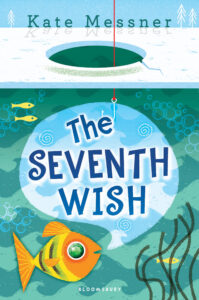 You may or may not have heard of the controversy surrounding Kate Messner’s book The Seventh Wish. If you haven’t, you can catch up with it on Kate’s blog. You should probably start with this post and work your way back. For those of you on a schedule, however, essentially Kate was uninvited (with less than 24 hours notice) from a long scheduled school visit due to the administration and librarian’s concerns over some of the content of the novel. They felt that the students weren’t adequately prepared to deal with the topic of the effects of drug abuse in a family. Even though the visit had been scheduled since January. And they’d had a copy of the book. And the students had ordered books to be signed and begun reading the book in their classrooms. Maybe you can sense my incredulousness.
You may or may not have heard of the controversy surrounding Kate Messner’s book The Seventh Wish. If you haven’t, you can catch up with it on Kate’s blog. You should probably start with this post and work your way back. For those of you on a schedule, however, essentially Kate was uninvited (with less than 24 hours notice) from a long scheduled school visit due to the administration and librarian’s concerns over some of the content of the novel. They felt that the students weren’t adequately prepared to deal with the topic of the effects of drug abuse in a family. Even though the visit had been scheduled since January. And they’d had a copy of the book. And the students had ordered books to be signed and begun reading the book in their classrooms. Maybe you can sense my incredulousness.
Kate, however, has dealt with the situation with grace and understanding. Her response is a textbook example of how to deal with this kind of situation. She’s sought to open a dialog with the school about the situation. She’s posted on her blog about the situation, signal boosting on Twitter. She’s scheduled a visit for the community with the public library and solicited donations to provide free books for those students who are able to attend. And she’s started a conversation in the library community that will hopefully have far reaching effects. In short, she’s done much more than the situation deserved and has given all of us a gift – the gift of awareness and action. And that’s how I want to address the situation with you, fellow librarians and library activists. Because Kate was under no obligation to do any of these things, and she has risked a lot in pursuing them.
ADVERTISEMENT
ADVERTISEMENT
I was fortunate enough in my time as a school librarian never to have to deal with an outright material challenge. And in fact, even my least effective administrators always had my back on th e subject of censorship. Whether they had been properly educated about the purpose of the school library, or a realistic idea of the interests, needs, and abilities of our students, or simply knew that our school system’s policies were written in such a way as to reinforce students’ rights to access information, I am not sure. They did, I know, simply trust me to purchase the items our students needed to have in the library collection to meet both their leisure reading and informational needs. I know that in that I was fortunate.
e subject of censorship. Whether they had been properly educated about the purpose of the school library, or a realistic idea of the interests, needs, and abilities of our students, or simply knew that our school system’s policies were written in such a way as to reinforce students’ rights to access information, I am not sure. They did, I know, simply trust me to purchase the items our students needed to have in the library collection to meet both their leisure reading and informational needs. I know that in that I was fortunate.
I know because a good number of my school library colleagues considered our collection and my collection development style to be ‘edgy.’ I didn’t. I selected materials to meet my students’ needs through appropriate channels, reading reviews, searching for recommended title lists, and personally reviewing items. But I also didn’t shrink from selecting items that were only recommended for 8th grade and up, even though I served 6th through 8th graders. But I know some of my colleagues didn’t have this freedom. Either they had faced difficult material challenges in the past or had been censured by their administration for some items in the school’s collection and they were hesitant to put themselves at risk of this in the future. But in these cases, it is the students who lose out.
It is our responsibility, as librarians, to educate and inform our communities and our administrations about issues surrounding censorship, not to begin to censor our collections from within. If you are looking for a place to start, you needn’t go further than the Library Bill of Rights. Meanwhile, examine your selection procedures and be on the alert for ways in which you are committing ‘soft censorship’ by not selecting needed items in the first place. Decide whether your fear of conflict is more important than meeting your students’ needs. To be honest, librarianship is not a place for the faint of heart.
If you’d like to help the students who are missing out on hearing from Kate by purchasing a copy of The Seventh Wish to be distributed at her public library event, you can do so here.
Karen Storified her thoughts here and here
A blog post I never thought I’d be writing on book … – Kate Messner
Facing the Truth | Kirkus Reviews
When School Administrators Think They Know Best | literacious
An Important Conversation about Elementary Library … – Kate Messner
The Seventh Wish Update: Some good news and a … – Kate Messner
“Stories Will Help You Understand Yourself”: An Interview About Censorship with Kate Messner
About THE SEVENTH WISH
Charlie feels like she’s always coming in last. From her Mom’s new job to her sister’s life at college, everything seems more important than Charlie. Then one day while ice fishing, Charlie makes a discovery that will change everything . . . in the form of a floppy fish offering to grant a wish in exchange for freedom. Charlie can’t believe her luck but soon realizes that this fish has a very odd way of granting wishes as even her best intentions go awry. But when her family faces a challenge bigger than any they’ve ever experienced, Charlie wonders if some things might be too important to risk on a wish fish. (Bloomsbury, June 7th, 2016)
Filed under: Censorship
About Robin Willis
After working in middle school libraries for over 20 years, Robin Willis now works in a public library system in Maryland.
ADVERTISEMENT
ADVERTISEMENT
SLJ Blog Network
2024 Books from Pura Belpré Winners
In Memorium: The Great Étienne Delessert Passes Away
Winnie-The-Pooh | Review
Parsing Religion in Public Schools
ADVERTISEMENT



